
Israel Latest: 30,000 More People Left Northern Gaza for South
A further 30,000 people left areas in northern Gaza for the south on Friday while only 30 more
2023-11-11 14:56

'Fox & Friends' host Steve Doocy says Donald Trump not participating in debates is the perfect 'excuse' for President Joe Biden
'Fox & Friends' co-hosts also speculated that Donald Trump may be skipping the debate due to the indictments he's facing
2023-08-22 12:52
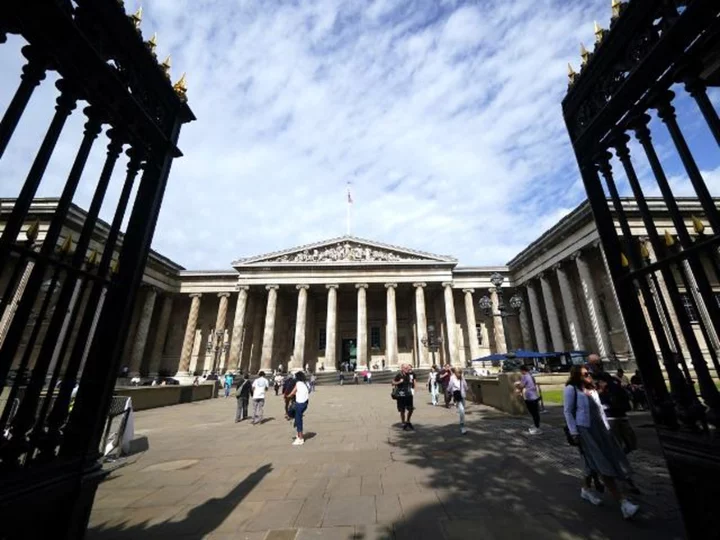
About 2,000 items were taken from British Museum and their recover is underway, chair says
The British Museum has begun recovering some items that were taken from the prestigious institution and sold online, museum chair George Osborne said on Saturday.
2023-08-26 23:23
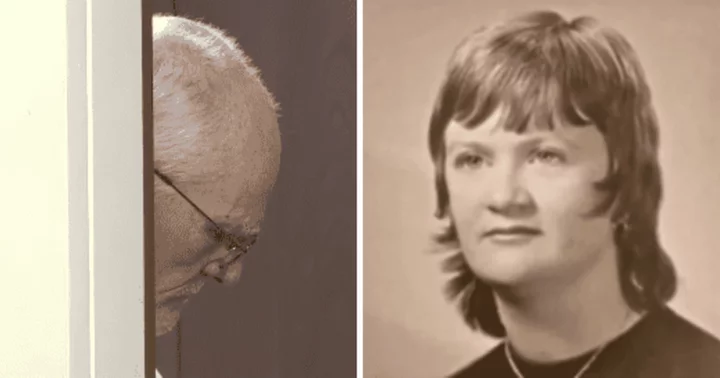
John Irmer: Oregon man walks into FBI office and confesses to 1979 murder and rape of Boston woman
Apart from the cold-blooded murder and rape of Susan Marcia Rose, John Irmer also confessed to killing another person in the South
2023-09-12 19:15

Libya floods: Flooded city buries its dead in mass graves
At least 10,000 people are still missing after a catastrophic dam burst which took 2,300 lives.
2023-09-13 11:27
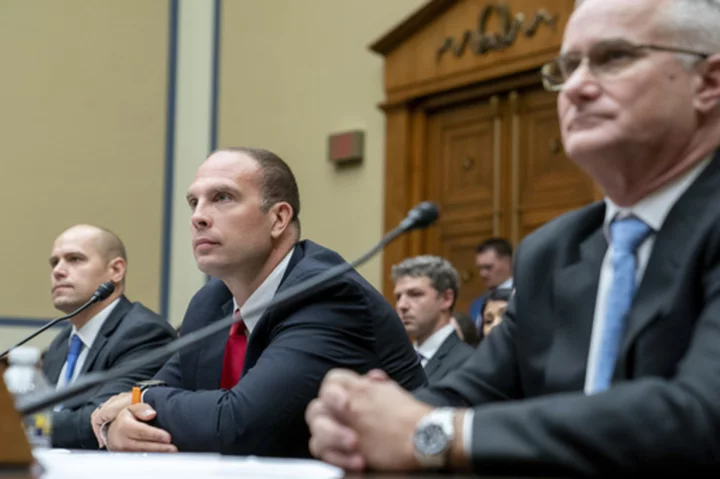
The UFO congressional hearing was 'insulting' to US employees, a top Pentagon official says
A top Pentagon official has attacked this week’s widely watched congressional hearing on UFOs
2023-07-29 11:17

Teamsters union pushes for US bankruptcy reform after Yellow's collapse
By Dietrich Knauth NEW YORK The International Brotherhood of Teamsters on Tuesday called for changes to U.S. bankruptcy
2023-08-09 05:59
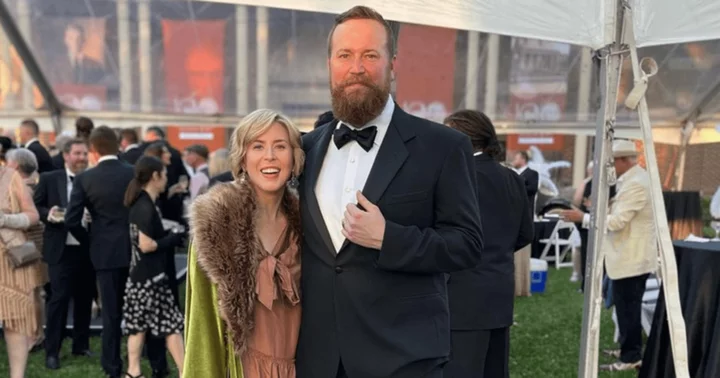
'Made exact replica': 'Home Town Takeover' stars Erin and Ben Napier reveal their favorite Fort Morgan project
The new season of HGTV's 'Home Town Takeover' will see Erin and Ben Napier helping to complete 18 renovation projects, including homes and public spaces
2023-05-10 09:55
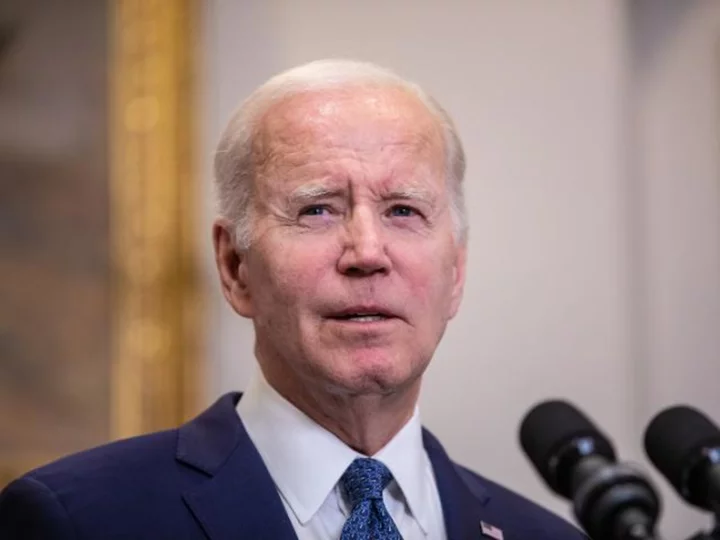
Biden to highlight climate commitments during West Coast swing
President Joe Biden will highlight climate commitments made by his administration and announce new federal funding for climate resilience projects as part of a three-day trip to the Bay Area in Northern California that begins Monday, according to a White House official.
2023-06-19 05:20
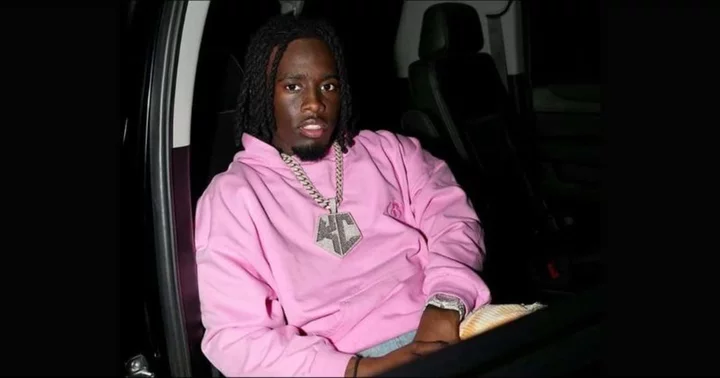
Kai Cenat reveals '7 Days In' jail stream schedule and first batch participants, Internet says 'this is crazy lineup'
On October 26, 2023, Kai Cenat unveiled the trailer for his '7 Days In' jail stream on YouTube
2023-10-26 14:19

Georgia police investigating online threats to jurors after pro-Trump doxxing campaign
Police in Georgia are investigating online threats to members of a grand jury that voted to indict Donald Trump and 18 of the former president’s allies accused of conspiring to overturn the results of the 2020 presidential election in a sprawling criminal case. The Fulton County Sheriff’s Office is “aware that personal information from members of the jury” has been shared across social media platforms, the agency announced on 17 August, less than three days after a sweeping charging document was unsealed. As required under state law, the names of the jurors are listed in the 98-page indictment. The sheriff’s office is working with local, state and federal law enforcement agencies to “track down” the origins of the threats in the county and in other jurisdictions, according to the statement. The former president’s supporters have published the jurors’ names, social media profiles, addresses and phone numbers as part of an apparent harassment campaign following right-wing outrage over a sweeping criminal indictment, the fullest accounting yet of an alleged effort among Mr Trump and his allies to coerce officials into a fraudulent scheme to subvert the votes of millions of Americans. Far-right message boards and platforms dominated by pro-Trump users such as Gab and Truth Social have been flooded with comments and posts surrounding the case and the jurors, with pledges to “doxx” or publish a person’s personal information online with the intent to harass them. Accounts on fringe far-right message boards such as 4chan and The Donald have threatened to follow jurors home and “photograph their faces,” labelled their names a “hit list,” posted images of jurors’ alleged profiles on Facebook and LinkedIn, tried to determine their political affiliations and religious and ethnic backgrounds, and promoted violence against them. The Independent’s review of posts across Truth Social, where users vie for the audience of the former president himself, shows users rushing to Mr Trump’s defence while trying to identify and smear members of the jury who indicted him. Users on the far-right, pro-Trump message board The Donald, frequently a hotbed for violent rhetoric targeting political opponents, have promoted the killing of jurors and suggested igniting civil war. This is a developing story Read More Trump insists Democrats are angry at his indictment too as Georgia jail booking nears – live updates Will the Georgia gang of 18 turn on Trump? Trumpworld hanging by a thread as co-accused pressured to flip on ex-president Who is Fani Willis, the Georgia prosecutor who could take down Trump
2023-08-18 06:29
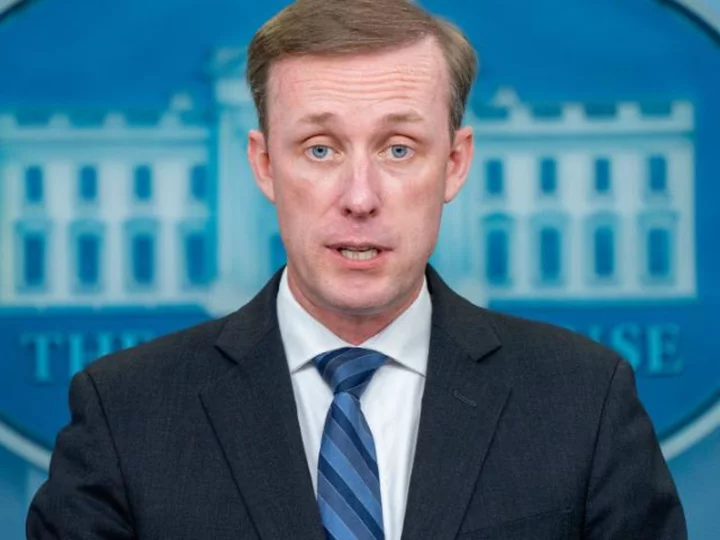
US warns North Korea would 'pay a price' for any arms deal with Russia
US officials have warned North Korea it will "pay a price" if it strikes an arms deal with Russia, after saying that negotiations were "advancing" between the two nations.
2023-09-06 10:48
You Might Like...
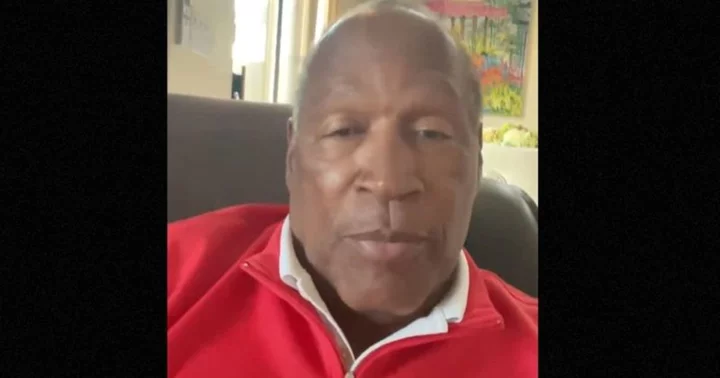
Is OJ Simpson OK? NFL legend, 76, is spotted carrying groceries in Las Vegas, 28 years after being acquitted in the 'Trial of the Century'

Biden says Americans likely held by Hamas, 11 dead

Who is Dua Lipa’s manager? Singer one step closer to billionaire club as she buys back song rights from management company
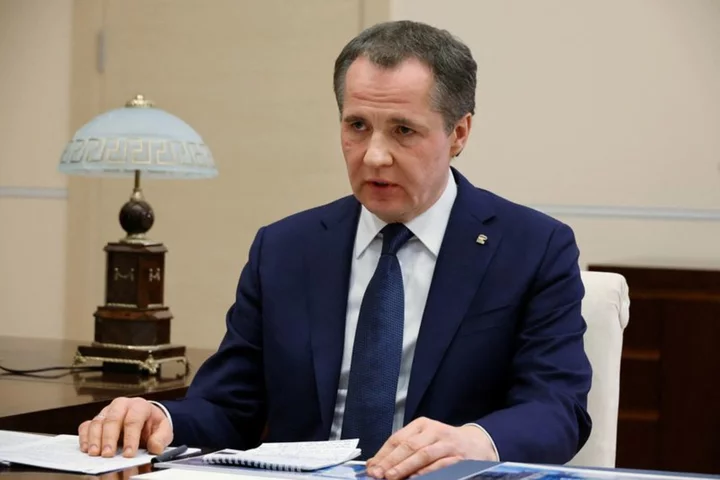
Fighting in Russian region enters second day after raid from Ukraine
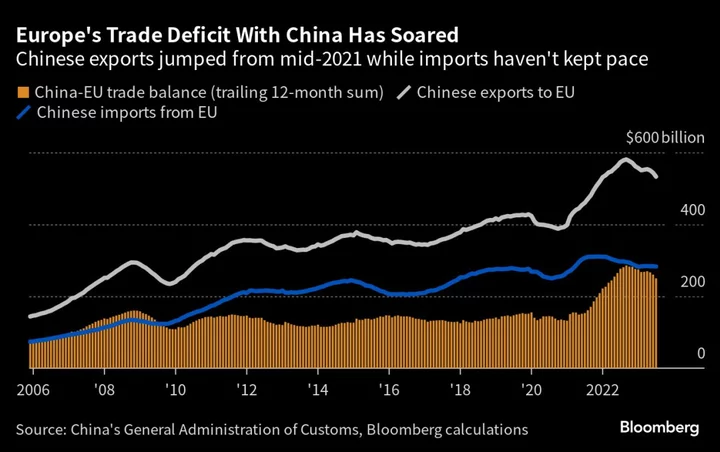
EU Warns China It Will Be ‘More Assertive’ on Fair Trade
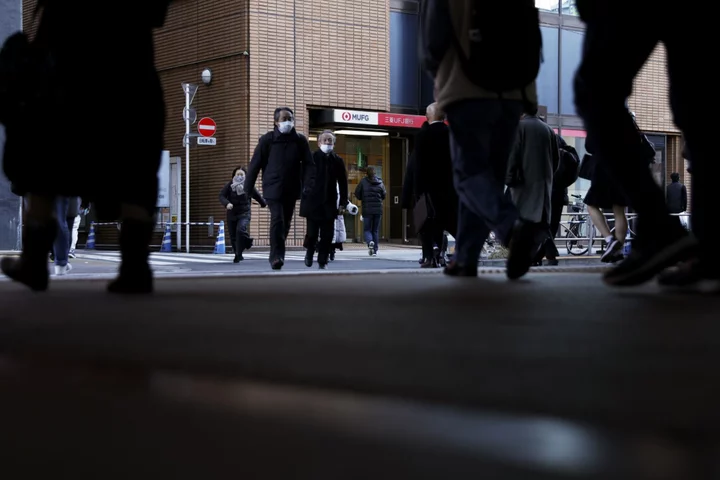
MUFG’s $4 Billion Bond Deal Is Japan’s Biggest This Year

EU opens probe into X in test of new tech rules, pressure on TikTok, Meta

Who is Trevor Zegras? Dixie D'Amelio rumored to be dating hockey player, Internet dubs TikTok star 'player'
